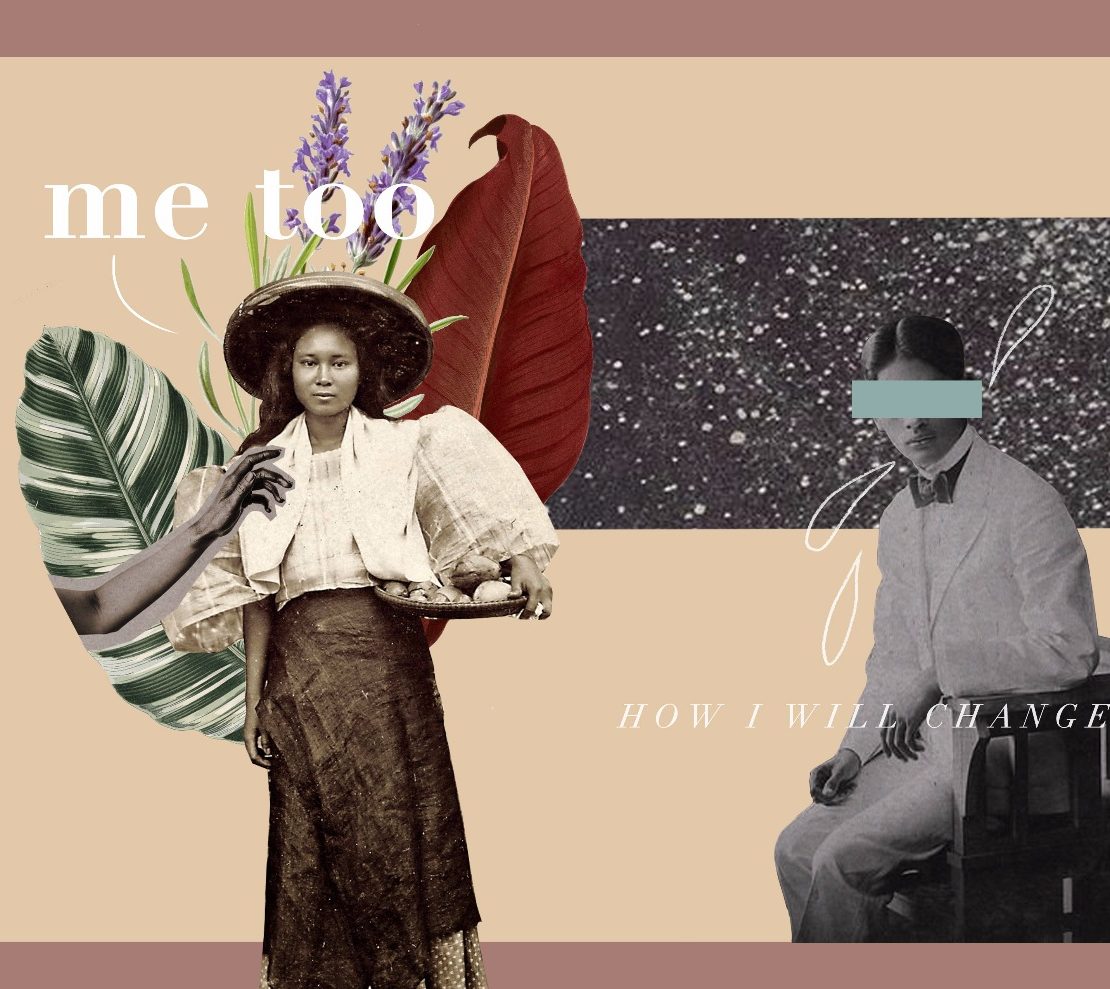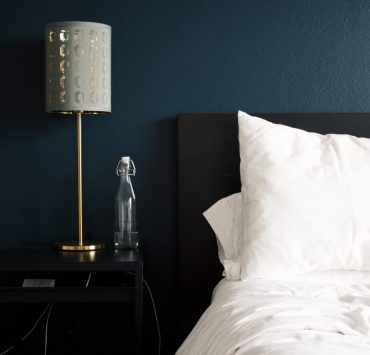It took a hashtag for the world to finally listen to sexual harassment and abuse victims. This is insane.
Following the exposé of Harvey Weinstein and the growing number of Hollywood actresses opening up about their run-ins with him, a hashtag has been born. #MeToo went viral on Twitter and Facebook after actress Alyssa Milano called women to share their experience with sexual assault using the hashtag.
If you’ve been sexually harassed or assaulted write ‘me too’ as a reply to this tweet. pic.twitter.com/k2oeCiUf9n
— Alyssa Milano (@Alyssa_Milano) October 15, 2017
A few days later, that single tweet has evolved into a full-blown campaign. Finally, men and women who were victims of sexual abuse were given a platform to share their experiences, to air it out without (or at least with a lesser chance of) someone doubting or questioning them. For once, they had a space where their confessions won’t be followed up with questions that could be summed up into, “What did you do to earn it?” “What did you do to bring this upon yourself?”
Welcome to the year of our Lord, 2017, where it takes a hashtag for society to finally acknowledge victims of sexual abuse.
3 Years ago I was Raped on Halloween and it’s the only nightmare I have had since. I am Strong, and now Not Alone #MeToo #Metoomovement
— Sarah’s Frightmare (@SarahFrightmare) October 20, 2017
#MeToo and the worst part is the embarrassment I feel posting this – even though I did nothing wrong. pic.twitter.com/mWJXfIwxX6
— Maggie 🐘 (@maggienorton) October 20, 2017
The Facebook statuses and tweets came pouring at an alarming yet depressingly unsurprising rate. Left and right, many women and some men were sharing experiences that would go back as far as when they were children, the youngest that I’ve read being nine years old. Co-workers, friends, family—it seems that one didn’t have to look far to find someone to commiserate with about their own brush with a pervert or two.
#MeToo – a horrible thing to live through and worse when you can’t talk about it with loved ones & get support
— Sheri Millikin (@whoucisme) October 20, 2017
A week later, and now everybody is wondering if this campaign will actually have any effect in the world—other than making all of us morbidly aware and depressed with the horrible state of our society.
An article from WIRED suggests that the answer is no. Apparently according to a Yale assistant professor named Molly Crockett, as empowering the #MeToo campaign is, it is ultimately useless. Crockett’s new research on moral outrage in the digital age finds that all the campaign’s doing is exhausting everyone with outrage and therefore will never lead to any sort of real change.
And then, #HowIWillChange rose from the ashes of men like Harvey Weinstein, restoring my faith in humanity. This hashtag was made in direct response to the Me Too campaign, where men wrote in their status or tweets the little actions that they will do so they can change rape culture.
Guys, it’s our turn.
After yesterday’s endless #MeToo stories of women being abused, assaulted and harassed, today we say #HowIWillChange.
— Benjamin Law 🌈 (@mrbenjaminlaw) October 16, 2017
Calling out harassment when I see it. As for the people saying #NotAllMen, no it’s not all men, but it’s too fucking many. #HowIWillChange
— Nathaniel Prince (@xanthan18) October 18, 2017
#HowIWillChange: I will listen to women more closely, seeking to understand before seeking to be understood. Then, if it helps, I will act. https://t.co/LF4cjbJHwe
— Andrew Webster (@web_stirs) October 16, 2017
Here’s to hoping they’ll stick to these promises better than their New Year’s resolutions.
Read more:
Other Harvey Weinsteins of Hollywood revealed
Woman gets sexually assaulted on bus and on Facebook
Five celebrities who stood up against rape culture
Writer: ANTHEA REYES
ILLUSTRATION DANICA CONDEZ




